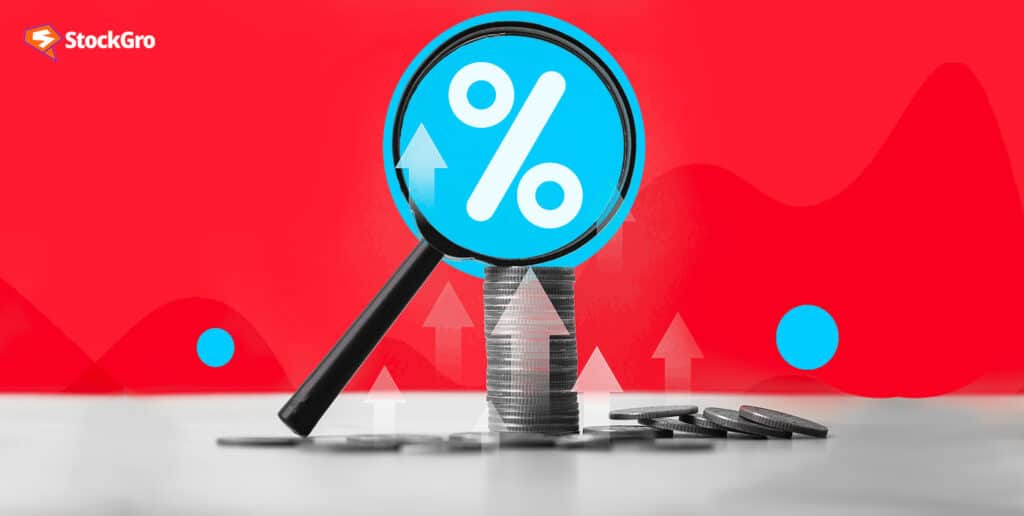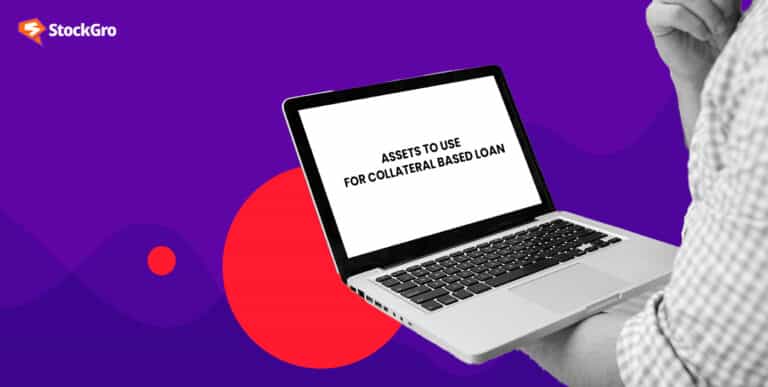
Undeniably, business loans are a critical consideration for companies that wish to establish or expand their operations. Business loans help enterprises raise capital by borrowing funds provided they must pay the interest. Considering the interest rate, the rate of interest rates for business loans may based on various parameters, like the following:
- Loan Type
- Bank’s or lender’s policies
- Borrower’s creditworthiness
- Market conditions
Generally, interest rates are fixed or floating (at times, both). Fixed interest rates remain constant throughout the loan tenure. They offer predictability in repayments. On the other hand, floating rates may fluctuate depending on market factors. So, these rates offer flexibility and may have potential risks.
A bank or lending institute may offer preferential rates for high-value loans or shorter repayment periods. A borrower needs a strong credit report to get lower rates. So, a business owner must carefully evaluate the loan terms and consider their financial requirements. Their risk tolerance is also an important parameter that influences the rate of interest.
You may also like: Benefits of a business loan in India: Why should you consider taking one?
A few technical aspects of interest rates and how they are charged
So, what is the interest rate on a business loan? Simply put, a lender charges an amount to the borrower. It’s the percentage of the principal (the loaned amount). In simple terms, it’s called the interest rate. Suppose you take a loan from a bank and it charges the rate of interest. In that case, the rate is applied to your account. The bank or financial institute pays the percentage of the deposited fund to the account holder.
In India, interest rates on loans are evaluated on various factors. Firstly, the RBI, or Reserve Bank of India, sets a repo rate. This rate is the one at which it lends to commercial banks. Any alterations made in this repo rate may impact the interest rates on loans. Furthermore, banks use benchmark rates to determine the loan rates. Those rates are connected to the repo rate. Note that they may fluctuate as per the changes in the policy.
Additionally, banks consider a few factors. A few of them are the borrower’s creditworthiness, loan amount and tenure. Charges (like processing fees or penalties for prepayment) might also impact this.
Understanding the type of interest rates
Let’s check the types of interest rates on business loans:
Fixed interest rates
Fixed interest rates are the constant ones that remain unchanged throughout the tenure. These rates offer borrowers the stability and predictability in their repayments. Such a type of rate is extremely beneficial. After all, it protects borrowers from increased loan expenses. Nonetheless, borrowers might miss out on potential savings in case the market interest rates fall.
Floating interest rates
These interest rates may fluctuate depending on the market conditions. The benchmark rates and other economic parameters may influence the changes in rates. They are typically linked to the base rate, like RBI’s repo rate. Floating rates give you the potential for reduced interest expenses during periods when interest rates fall. Additionally, they may also carry risks of higher repayments when the rates increase.
One quick note –
Note that a few lenders offer hybrid loans with floating and fixed interest rates. Such a type of interest rate might remain fixed for the initial period before it transitions to the floating rate. It offers borrowers the flexibility to manage their loan repayments more seamlessly.
Also Read: Navigating the commercial loan landscape: A comprehensive guide
Parameters influencing the interest rates for business loans
A borrower should evaluate the interest rate charged on loan. That’s why the following pointers highlight the top parameters that influence the rate of interest on business loans:
Your CIBIL score
As a matter of fact, your trustworthiness is demonstrated from your CIBIL report. Incidentally, it helps determine the interest rate offered by the bank or financial institute. Note that the lender will first assess your credit score. The higher the CIBIL scores, the lower the interest rate.
Loan tenure
Loan tenure is the time over which you need to repay the amount. Note that longer tenures result in lower monthly payments. And it may result in higher interest costs.
Alternatively, shorter tenures come with minimum interest rate on business loan and higher payments. A financial institute or bank considers your loan tenure while assessing the risk. That offers flexibility to borrowers depending on their repayment preferences.
Loan amount
Loan amount impacts the business loan interest rates. The higher loan amounts offer lower rates. Conversely, smaller loan amounts come with higher interest rates. Factually, lenders consider loan amounts while determining the interest rates. That offers competitive rates depending on your borrowed amount.
Financial stability of your business
The financial stability of a business significantly influences loan interest rates. So, these parameters gauge your business’s ability to repay the loan. Businesses with strong financial health qualify for lower interest rates. Conversely, your company’s unstable financial conditions
Macroeconomic aspects
Macroeconomic parameters, including inflation rates and GDP growth, determine the business loan interest rates. Lenders adjust rates as per these parameters to manage risks. Note that economic stability and growth are typically associated with lower interest rates. On the other hand, uncertainty may lead to higher borrowing expenses for businesses.
Also Read: What is a Business Loan for MSME?
Finally
Understanding the various types of interest rates on business loans in India is crucial. However, what’s more significant is evaluating the factors that influence them to make a well-informed borrowing decision.
So, you must carefully evaluate your loan options and assess your financial needs. These things help you get your answer on what is the average interest rate on a business loan. Evaluate how much risk you can take for your business and its financial stability. Do not forget that you must maintain a CIBIL report. You can make the right decisions for your business with these things in mind.

